In Ecce Homo, the man, who by reconquering his own health laid claim to an ascendant vitality and a counterbalance to the ill health that dogged him, grasped that the most silent and most secret words are often those which presage the storm and that the thoughts which arrive on ‘doves’ feet’ are often those that change the world and point to the future.
There are moments, like the present, when a recent event has not, in fact, come out of the blue, but few people were able to read the warning signs. In other words, what has now happened was detected, foreseen and announced before it happened. However, few people had noticed and those few were not those best able and duty bound to pay attention to what was much more important than their own particular sphere of interest.
This happened, because what we today call the present was already emerging under the waters of what we think of as the past. It was moving silently and secretly towards the future of that past, which is now our present.
This movement took the form of a wave, imperceptible as it took form, and then stealthily growing into something fast moving and vast. This tide was approaching, at increasing speed, bringing a threat that could not be held back, as there were no obstacles strong or large enough to check its progress, to break its impetus or to change its course.
The current political era in the United States, no longer a new phenomenon, reproduced, by mimetic desire (René Girard), in so many other places around the world, appears – in the disruption, perversity and hazards it brings – to serve the purpose of fulfilling the prophesy contained in a book, which became a classic of its genre: The Culture of Narcissism: American Life in an Age of Diminishing Expectations, published for the first time in 1979 by the historian and sociologist Christopher Lasch.
Lasch was a student, at Columbia University, of Richard Hofstadter, author, in the 1960s, of Anti-intellectualism in American Life and The Paranoid Style in American Politics, the latter concerning conspiracy theories in the radical and populist right. Earlier, in 1944, he had published Social Darwinism in American Thought, 1860−1915, and, in 1955, The Age of Reform, about the idea that rural America was superior to urban America and its influence on the country’s political life, in the form of a cult of the agrarian ethos as a homage paid by Americans to the imaginary purity and innocence of their national origins. Reading these books, we arrive at a better understanding of what has been happening in recent years and what has again happened in the US.
If we look carefully at the winning campaign in the American presidential elections, we can conclude that the campaign was constructed as an unceasing, tumultuous and Dionysian vortex, centred on an omnipresent and overblown Self, flaunted and lauded, hypertrophic and obsessively self-named and named by all. This Self was excitedly displayed, precisely like the statue of the god Priapus, son of Dionysius and Aphrodite.
In this new and violent American god, which seeks to dominate the world and usher in (or might it be refound?) a new political and cultural religion, its sex is its Self – and that Self attributes to itself the lascivious and fertilising functions that the other and more literal sex claims to possess.
In its tireless to-and-fro between the mythical past and the misleading prospect of restoring that invented and illusory past, that colossal Self exercises the aggressively macho and ultramasculine functions that seek to re-establish, urgently and resentfully, a crudely brutal patriarchal, money-based and agrarian-inspired civilisation, which they claim is being frighteningly undermined, or even endangered.
The dark, chthonic and subterranean cult of this masculine and muscled Self, that only acknowledges and permits those who are the same and never the others, subjects and never equal, treats the world as a vast mirror in which to look at itself, where it sees itself in order to exalt itself and where it exalts itself in order to threaten, conquer, possess and dominate.
Unlike the Greek Narcissus, this American Narcissus (and also those of the other continents and countries that mimic him) exchanges the pool of still waters, in which the ancient face contemplated itself tirelessly, for the frenetic and fulminating flows of screens. It is these which afford him the amnesia that wipes out the past, the fear that stalks the present and the lie that manipulates the future.
Master of all the technical prowess and all the technologies that render him omnipresent and ubiquitous, this Self constructs itself from its contempt for the other and presents itself as the ‘self-made me’ of a ‘self-made man’ who owes nothing to anyone and to whom others owe everything.
He adores himself, like someone adoring an idol, in his image which is advertised, propagated and propagandised on the screens of the whole world. Catapulted, popularised and celebrated by televisual entertainment devices as a buffoon and a ruffian, he is a reverse Midas. To match this lack of gifts rendered into a gift, he has created an anti-aesthetic aesthetic and a style-free stylistics. Contradiction is his kingdom. The light falling on him casts a shadow that spreads and covers the world.
In him, everything has meaning, but what makes no sense is the meaning that this all has. The lie is his most highly acclaimed truth, vulgarity his most visible distinction, discredit his most powerful credit. It is on all this – and on managing to convince and succeed, with this and despite all this – that his narcissism feeds and fattens itself, with this that his self-esteem is infatuated and inflamed, that his self-assuredness finds confirmation and reinforcement.
This narcissistic attitude, which is psychological, political and ethical, also helps to explain a spiteful cult and shameless actions, in choosing people for high public office, where the prime criterion for appointment is family ties, the bonds of friendship or personal loyalty.
It is said, perhaps apocryphally, that the absolutist King Louis XIV of France proclaimed: ‘The State is me’. Even without saying it, the American says: ‘I am the State’, adding, ‘And the State is mine’.
This begs a question. How then is it possible that a ‘free and open society’, or one deemed to be so, should choose this figure to represent and lead it, placing him at the pinnacle of power?
The Culture of Narcissism speaks of disenchantment, of pessimism and even of despair which, when it was written, was starting to replace, in American society, the cinematic mythology that started with D.W. Griffith’s Birth of a Nation. This mythicised the ‘glorious pioneers’ trail’ and considered as justified by the fulfilment of a perpetual divine commandment (God bless America) the supre- macies and arrogance which secured predominance (pre-dominance) for the USA and gave succour to its patriotic mysticism. As we know, the painful feeling of disappointment and negative presentiments of decline are the great drivers of resentment, irrationalism, depression and regression.
Setting out from the classic psychoanalytic concepts of narcissism, a subject to which Freud devoted special theoretical attention, Christopher Lasch attributes to the individual phenomenon the reach, and the ability to adapt, refract and project itself, which situate it in the collective domain. Using this instrumental concept, he analyses cultural, political, social and anthropological phenomena in a light which shows what was hidden and not usually seen.


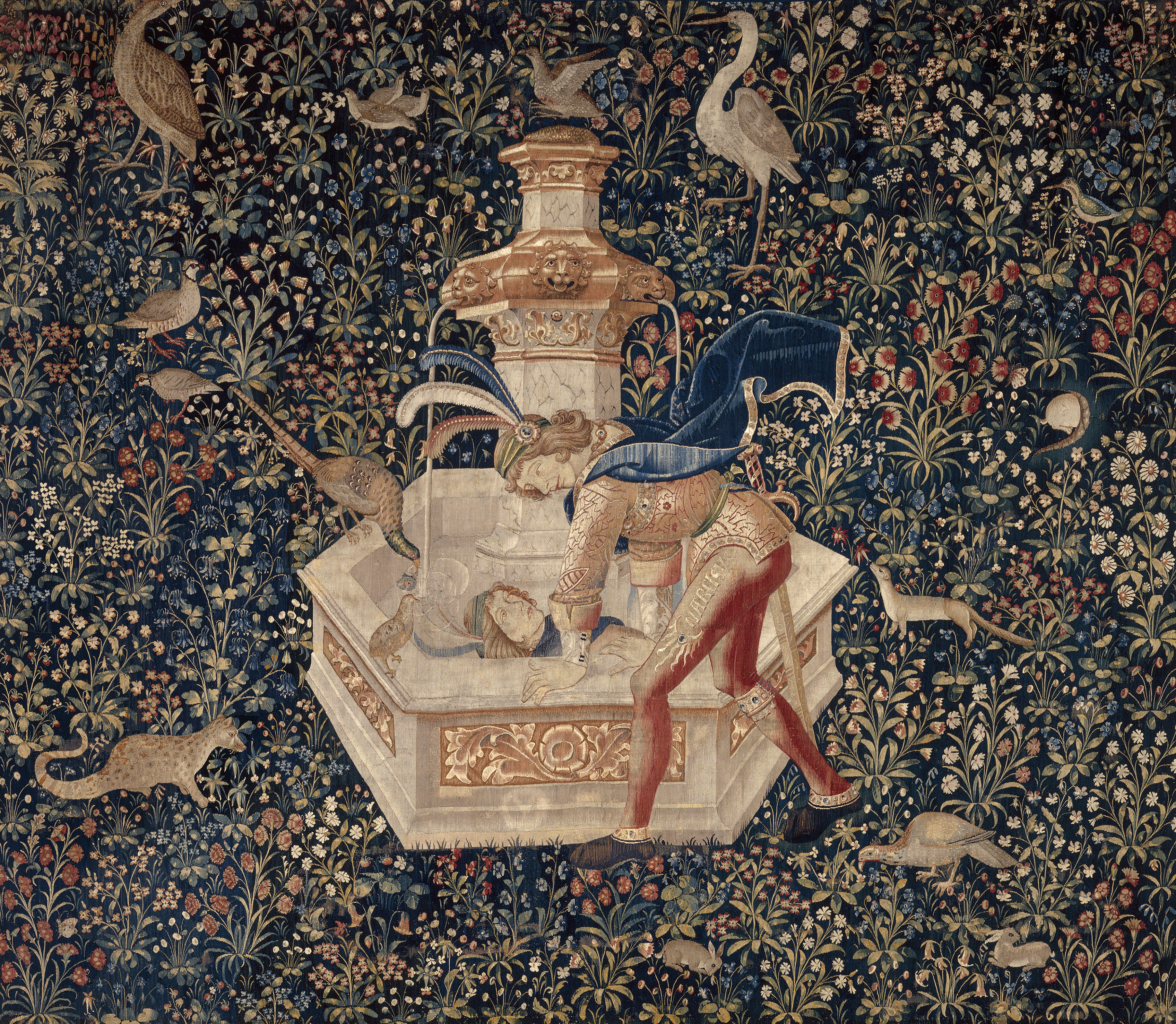
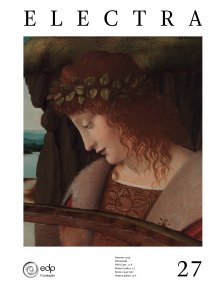
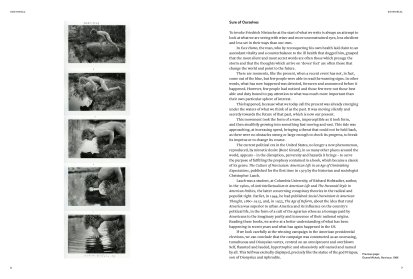
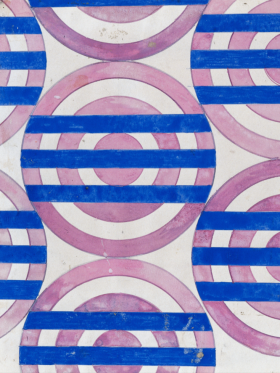
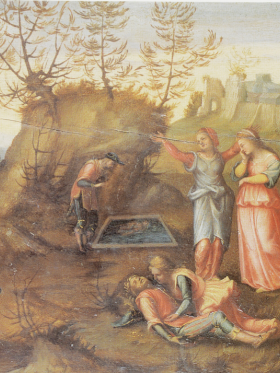
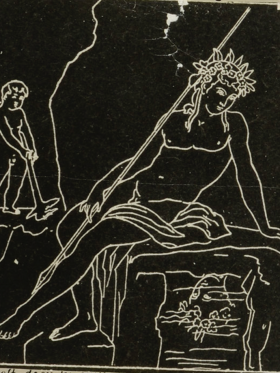
Share article